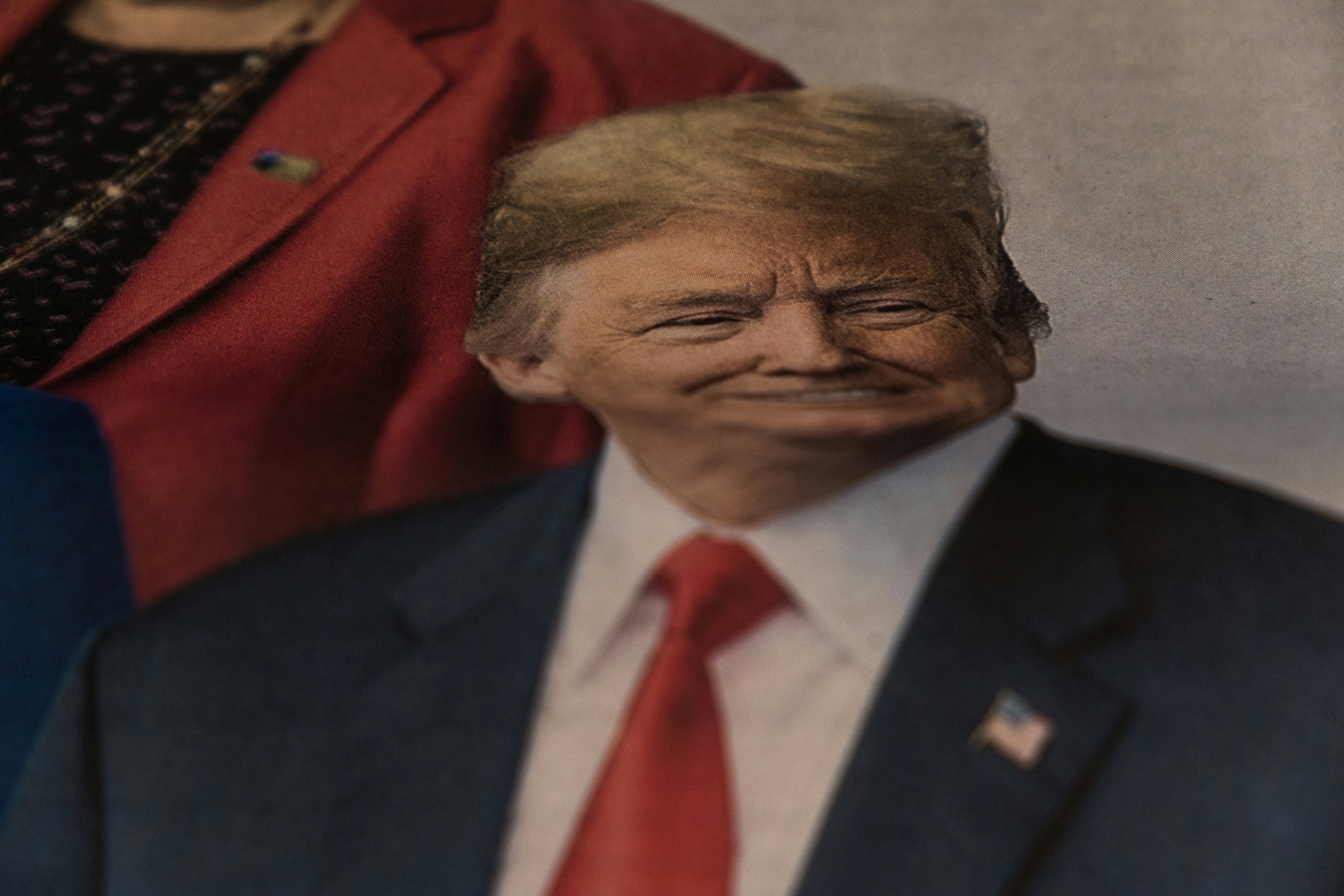The Shift in AI Chip Policy
The recent announcement from the Trump administration regarding AI chip policy has ignited a wave of discussions and analyses within the technology sector. The decision to dismantle the Biden administration’s three-tier export control framework is not merely a change in regulations; it represents a profound transformation in how advanced computing technologies will flow across global markets. Set to take effect on May 15, 2025, the Biden administration’s Framework for Artificial Intelligence Diffusion was designed to create a tiered global technology landscape, aiming to balance innovation with national security. However, the Trump administration has deemed this approach overly complex and burdensome for American innovation.
Understanding the Three-Tier System
The Biden administration’s framework established a structured access model for global technology. In this model, the first tier encompassed 17 allied nations, including Taiwan, granting them unlimited access to advanced AI chips. The second tier, comprised of approximately 120 countries, faced strict numerical caps on imports, while the third tier included nations like China, Russia, Iran, and North Korea, which were completely barred from accessing these technologies. This tiered system aimed to prevent sensitive technologies from falling into the wrong hands while still promoting cooperation with allies. Critics, however, argued that the complexity of compliance would inadvertently drive international partners toward alternative suppliers, diminishing the effectiveness of the framework.
The New Approach Taking Shape
In stark contrast to the tiered system, the Trump administration is reportedly considering a global licensing regime supported by inter-governmental agreements. This new strategy may offer greater flexibility and ensure that sensitive technologies remain in safe hands. Notably, the timing of this policy shift appears to be strategic. Reports suggest that it coincides with President Trump’s upcoming diplomatic trip to the Middle East, where nations such as Saudi Arabia and the UAE have expressed frustration over existing chip acquisition restrictions. Sources indicate that the Commerce Department’s decision could be announced as soon as Thursday, further heightening anticipation within the industry.
Market Reaction and Industry Impact
The response from the financial markets has been immediate and significant. Following the policy announcement, shares of Nvidia, a leading manufacturer of AI chips, surged by 3% on May 7, signaling investor optimism regarding the potential for increased sales opportunities. Yet, after-hours trading saw a slight dip, highlighting the ongoing uncertainty surrounding the regulatory landscape. Nvidia’s CEO, Jensen Huang, has been vocal about the necessity for American companies to engage with the Chinese market, projecting it to become a $50 billion opportunity for AI chips in the near future. It’s crucial to note that this policy shift does not equate to a complete abandonment of export controls; the Trump administration has signaled its commitment to maintaining certain restrictions, particularly against China, as evidenced by the ban on Nvidia’s H20 chip sales there.
Global Winners and Losers
The implications of this policy reversal are far-reaching, creating a complex landscape of potential winners and losers in the global technology arena. Countries like India and Malaysia, which previously faced chip restrictions under the Biden rule, may now experience temporary relief. For instance, Oracle Corporation is poised to benefit from Malaysia’s relaxed limitations as it plans a significant data center expansion. In the Middle East, nations such as the UAE and Saudi Arabia could negotiate more favorable terms for chip acquisition, especially as Trump has expressed interest in easing restrictions for the UAE during his forthcoming visit. The UAE’s ambition to invest up to $1.4 trillion in US technology and infrastructure over the next decade underscores the high stakes involved in these negotiations.
Uncertainty Ahead
According to reports from Axios, the Trump administration is currently formulating a new control scheme, which could either manifest as a new regulatory rule or an executive order. This transitional phase is fraught with uncertainty for companies like Nvidia, which are left to navigate a shifting regulatory environment. Existing chip export controls will continue to be enforced while the new framework is developed, and there are indications that specific controls may be imposed on countries that have diverted chips to China, including Malaysia and Thailand.
Balancing Competing Priorities
The Biden administration’s export controls were primarily aimed at limiting access to chips crucial for advanced AI development, especially to prevent Chinese firms from circumventing restrictions. The challenge for the Trump administration lies in formulating a balanced strategy that addresses national security concerns while also fostering US commercial interests. Establishing agreements with various nations eager to procure advanced AI chips requires navigating complex diplomatic relationships and potentially crafting numerous separate policy frameworks. While the Commerce Department has not disclosed a specific timeline for the new rules, the ongoing discussions reflect a broader emphasis on American competitiveness and innovation while safeguarding technologies with national security implications.
Looking Forward
As the global AI chip market remains in a state of flux, the implications of the Trump administration’s policy shift are significant. This transition could shape international relations, influence corporate strategies, and redefine innovation dynamics in the burgeoning artificial intelligence landscape. With the stakes higher than ever, stakeholders must remain vigilant, adapting to the evolving regulatory environment while positioning themselves for the opportunities that lie ahead.
